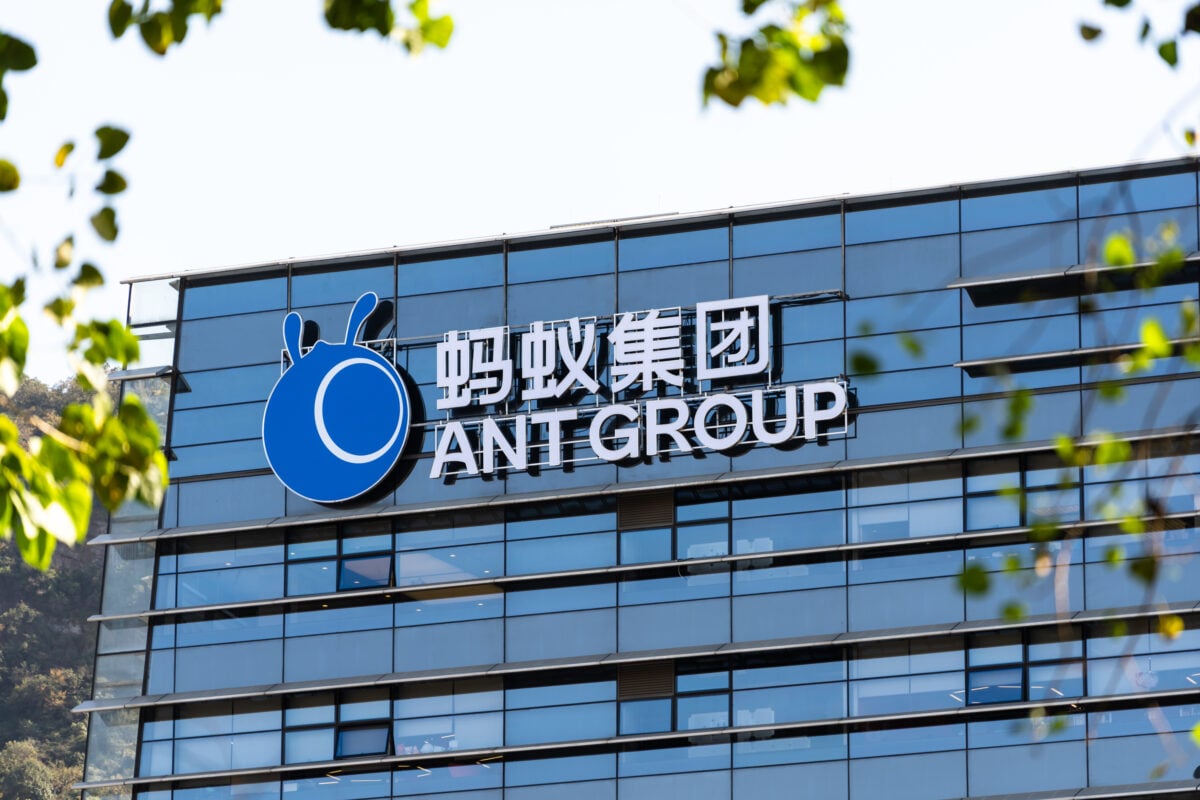TLDRs
Contents
- Ant Group has unveiled AQ, a digital health app offering over 100 AI-powered services.
- The app connects users to a vast network of hospitals and doctors across China.
- AQ leverages Ant’s decade-long healthcare experience and proprietary large AI model.
- The launch comes amid growing health demands in China and a strategic pivot by Ant into AI.
Ant Group, best known for its Alipay digital payments platform, is accelerating its pivot into the healthcare sector with the launch of AQ, a dedicated AI-driven health app.
This move marks a major milestone in the company’s ongoing reinvention, positioning it at the forefront of China’s fast-evolving digital health landscape.
The newly launched AQ app offers users access to more than 100 artificial intelligence-powered services, ranging from personalized medical advice and health report analysis to doctor recommendations. By linking users to a vast network of over 5,000 hospitals and nearly one million healthcare professionals across China, AQ seeks to become a central node in the country’s healthcare system, which is under mounting pressure from demographic and structural challenges.
AI-driven care meets population pressures
The timing of AQ’s debut aligns with a rising urgency to digitize healthcare in China. The country is facing one of the world’s fastest-aging populations, with projections showing more than 400 million people aged 60 or older by 2035.
This surge in elderly citizens is expected to place unprecedented strain on the healthcare system, which already suffers from uneven resource distribution between urban and rural areas.
Ant Group’s AQ app addresses this gap using its Healthcare Large Model, trained on more than ten years of data from Alipay’s early healthcare services, such as digital hospital bookings. The model integrates capabilities in medical reasoning, multimodal interaction, and natural language processing while also employing privacy safeguards developed by Ant.
Bridging doctor shortages through digital tools
China has just 1.8 doctors per 1,000 people, a significantly lower ratio compared to other developed nations. Overwhelmed by patient loads, doctors in top urban hospitals frequently treat over 50 patients a day. Rural areas often lack access to specialized care altogether.
By deploying intelligent tools like AI medical assistants and integrating its technology into hospital systems, Ant hopes to ease pressure on clinicians while improving service quality. The AQ app also supports AI Doctor Assistants and digital agents that can manage records, interpret symptoms, and educate patients, streamlining tasks that traditionally consume physicians’ time.
Strategic shift amid falling profits
Ant Group’s deepening focus on AI and healthcare comes as part of a broader strategy to reinvent itself following regulatory setbacks and declining profits. Earlier this year, the company reported a 31% drop in quarterly profits due to heavy investment in AI and growth initiatives.
Once valued at $280 billion, Ant has seen its market value shrink substantially, prompting a pivot toward sectors aligned with national priorities, including healthcare and tech self-reliance.
By entering digital health, Ant not only taps into a rapidly growing market, projected to reach $110 billion by 2025, but also supports China’s policy goals. The government has recently expanded health insurance coverage to include digital consultations and services, further paving the way for platforms like AQ.
A new phase for China’s digital healthcare
The AQ launch reflects a wider shift in how Chinese tech firms are leveraging AI to solve real-world problems, particularly in underserved sectors. Ant’s efforts mirror broader trends, where healthcare solutions powered by domestic AI models are being deployed faster and more extensively than in many Western markets, thanks to streamlined regulatory support and centralized data access.
As the healthcare system grapples with demand and resource constraints, Ant Group’s AQ could play a pivotal role in reshaping how care is accessed, delivered, and experienced across China.


